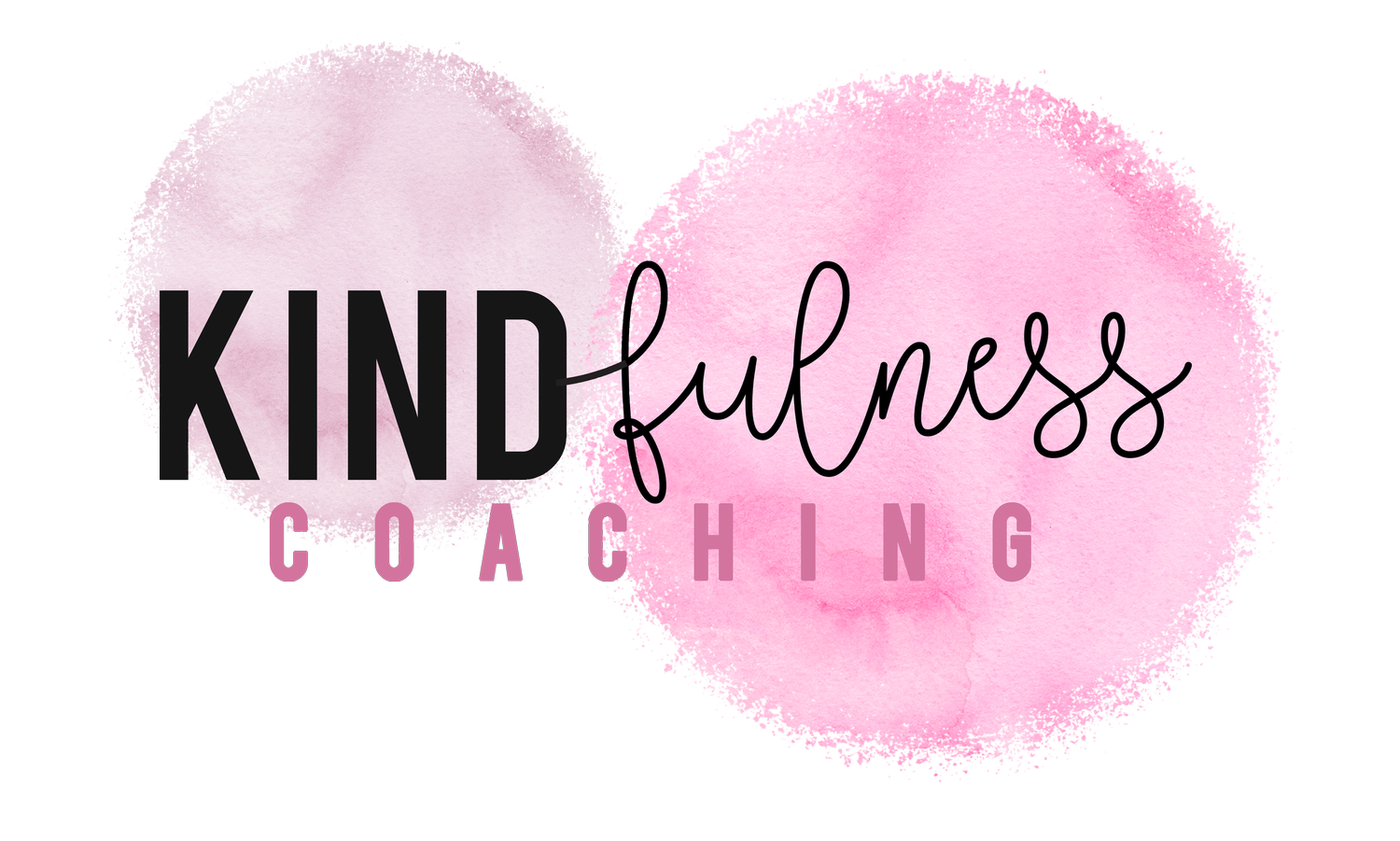How to Recover from Being Emotionally Drained
What do you do when you have so many thoughts and emotions, you have no idea what to do with? That’s where I was last week… Spiraling anxiety that I could not let go of. Of course, I know that’s not a healthy place to be or way to think, but here I was, completely immersed. My therapist told me I needed to regroup and recharge. So that’s what I’m doing.
Writing you from the Jungles of Costa Rica!
Maintaining your emotional well-being is essential for a fulfilling life and also career. In this blog, we'll explore practical strategies to help you recover from being emotionally drained (maybe without a trip to the rainforest!). Whether it's due to a challenging situation, personal or professional setbacks, or life's demands, these tips will guide you back to a place of emotional resilience.
Tips to Recharge After Feeling Emotionally Drained
Self-Compassion:
Self-compassion involves treating yourself with kindness and understanding, a good friend of mine reminds me “give yourself grace” which is something I also like to share with the women I’m working with. Imagine you've had a tough day at work, and you made a mistake that has left you feeling drained and upset. Instead of berating yourself for the error, practice self-compassion by saying, "It's okay to make mistakes; I'm only human." Treat yourself as you would a friend who is going through a similar situation.
Reflect and Identify the Cause:
To identify the cause of your emotional exhaustion, set aside some time for reflection. Consider keeping a journal where you record your feelings and experiences or just a quiet space where you can be alone with your thoughts. For example, if you find that you're consistently drained after social gatherings, your journal might reveal that certain people or situations trigger these feelings. Recognizing these patterns can help you make more informed decisions about where to invest your emotional energy.
Set Boundaries:
While in Costa Rica, we talked boundaries on Day 1, these are so important to maintaining your peace both in your personal and professional lives. Setting boundaries involves communicating your limits to others. Let's say you have a demanding job and often find yourself working long hours without breaks. To set boundaries, you could schedule regular short breaks throughout the day, politely decline additional tasks when your workload is overwhelming, and inform your supervisor and colleagues about your need for work-life balance. This way, you protect your emotional well-being and prevent burnout. There’s a difference between being rude and setting boundaries but it is not rude to set boundaries- don’t forget that!
Prioritize Self-Care:
Self-care means taking time for yourself to recharge (or in my case - regroup!). Self - care should be an essential part of your day and something we talk a lot about within our KINDfulness Coaching community. Making self care a priority can be the deciding factor in your ability to achieve work/life balance or to regroup or recharge when you’re feeling overwhelmed. Take some time to get outside, take a walk in nature, read a book, meditate - whatever it is that brings you joy in your life. It's essential to make self-care a regular practice to prevent emotional exhaustion.
Practice Mindfulness and Meditation:
Mindfulness and meditation techniques help you stay present and reduce stress. For instance, if you're feeling overwhelmed with work, take a few minutes to practice deep breathing or mindfulness meditation. Focus on your breath, acknowledge your thoughts without judgment, and return to the present moment. These practices can help you manage stress and regain emotional balance. It’s a great way to disconnect from whatever is going on so that when you return, you are mentally present and feeling equipped to handle the situation.
Reach Out for Support:
Reaching out for support involves confiding in someone you trust. If you're going through a challenging time, such as a relationship issue or work stressors at your job, talk to someone. By sharing your feelings and concerns, you can receive guidance, alternative perspectives, and emotional support. This connection can significantly ease the burden of emotional exhaustion. Identifying the cause of your stress, exhaustion or overwhelm is important to identify who might be the best fit to talk to - whether it’s a friend or family member, a therapist or a coach (if you’re not sure who would be the best support - reach out and ask! - I offer free consultations for just that reason - I can help you decide what level of support is right in that moment).
Incorporating these strategies into your life can help you recover from emotional exhaustion and maintain a balanced, emotionally resilient state. Remember that self-care and self-compassion are fundamental, and the other strategies can complement your overall approach to emotional well-being. It's a journey of self-discovery and growth, and every step you take brings you closer to a more emotionally balanced life.
overwhelm stress emotionally drained recovery resilience


